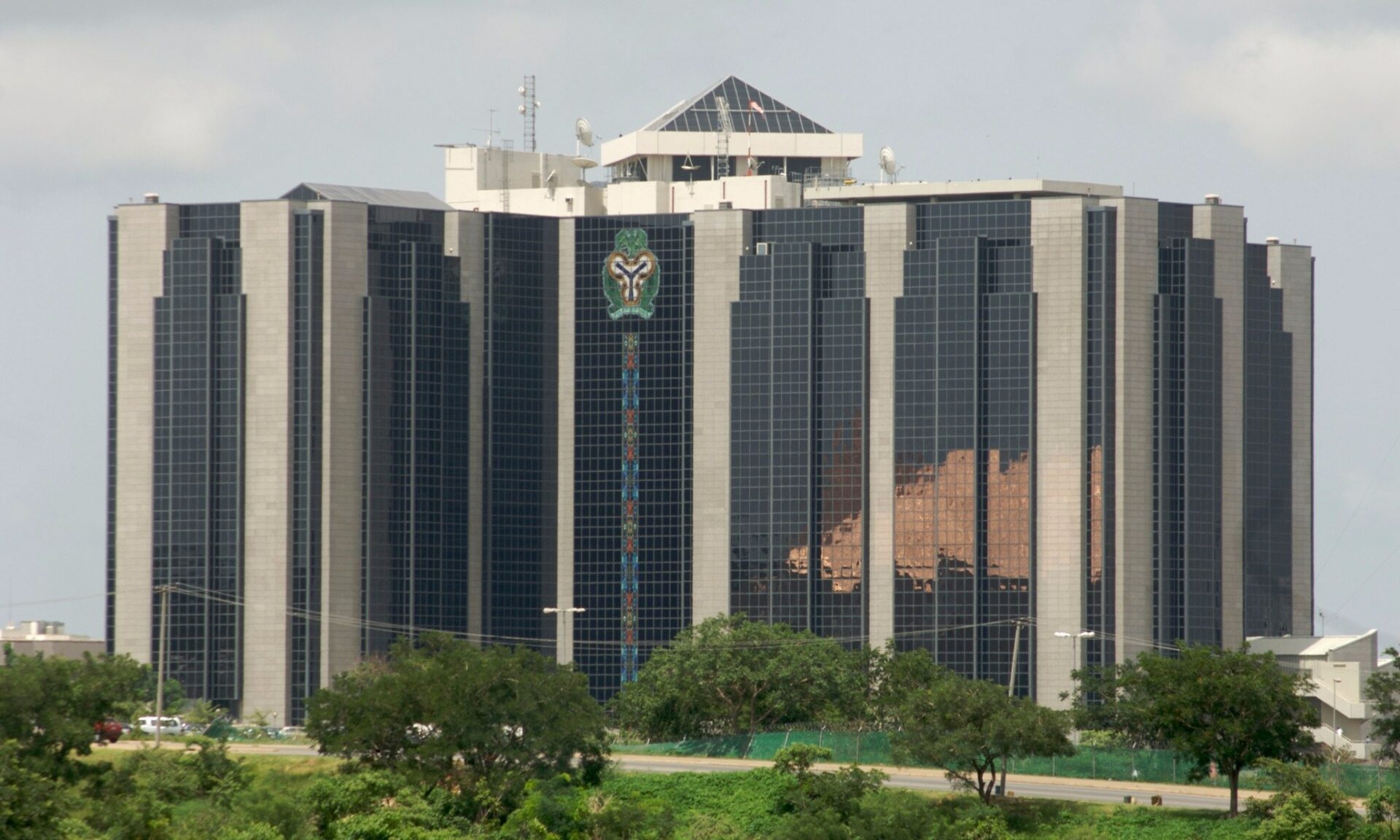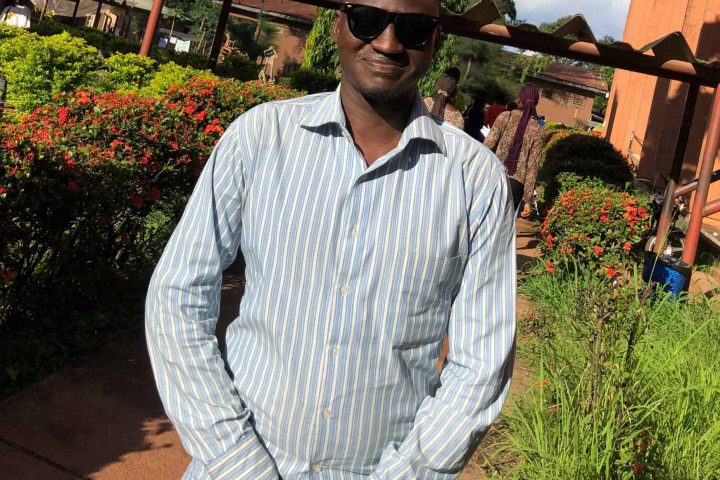The announcement by the Central Bank of Nigeria (CBN) on January 12 that it would relocate major departments from its Abuja Head Office to Lagos was greeted with fears, suspicion and discontent mainly from staff. The fears and discontent from workers stemmed from the obvious consequences of relocating to Lagos, abandoning or moving with their families, including the uncertainties of a new location, alias Lagos.
Recall that prior to making Abuja the federal capital territory, the CBN national headquarters had been in Lagos. Affected CBN staff, especially women, have been reported as threatening to resign due to the burden of relocation to the hussle and bustle of Lagos, in addition to leaving families behind.
Join our WhatsApp ChannelREAD ALSO:Moving CBN Departments To Lagos Is Drawing Hands Of Clock Backwards – HURIWA
Media reports last week indicated that six departments, involving at least 1,533 staff would be affected by the planned relocation and attendant redeployment to CBN facilities within Abuja, Lagos and understaffed branches. The major move is however towards Lagos.
Besides the fears, the CBN may be implementing measures to redress many of the ills found out by its current governor, Olayemi Cardoso. On November 24, 2023, while speaking at the Chartered Institute of Bankers of Nigeria’s (CIBN) 58th Annual Bankers’ Dinner and Grand Finale of the Institute’s 60th Anniversary in Lagos, Cardoso accused the apex bank under his predecessor, Godwin Emefiele, of “corporate governance failures, diminished institutional autonomy, a deviation from the core mandate of the Bank, unorthodox use of monetary tools, an inefficient and opaque foreign exchange market that hindered clear access, a foray into fiscal activities under the cover of development finance activities and a lack of clarity in the relationship between fiscal and monetary policies, among other challenges.”
Accordingly, a memo released by the CBN’s Human Resources Department on Friday, January 12, indicated that the decongestion action plan “is necessitated by several factors, including the need to align the Bank’s structure with its functions and objectives, redistribute skills to ensure a more even geographical spread of talent and comply with building regulations, as indicated by repeated warnings from the Facility Manager, and the findings and recommendations of the Committee on Decongestion of the CBN Head Office.”
The memo cited safety concerns, reduced efficiency, structural integrity, workflow improvement and strategic alignment as reasons for the relocation. This is mainly based on the revelation that CBN’s current occupancy level of 4,233 significantly exceeds the optimal capacity of 2,700 designed for the Head Office building, thereby poses several critical challenges.
The CBN may also have been responding to calls by Prime Business Africa to decentralize key government branches such as the legislature and judiciary as it is in other countries. In South Africa, for instance, there are development centres in three of its regions. Johannesburg has the executive arm. Cape Town has the Legislative arm, while Bloemfontein has the judiciary. All these were intentionally created to keep each of regions busy with government presence, to create jobs, business and economic activities.
Similarly, a former deputy governor of the Central Bank of Nigeria, Kingsley Moghalu, has defended the CBN plan with his revelation that the CBN’s office building in Lagos was constructed 12 years ago exactly for the decongestion. He argued that the Lagos office is underutilized. In a post on X, January 14, Moghalu supported the move to save lives and improve operational efficiency through the decongestion. He argued that the offices being relocated would serve market entities located in Lagos.
However, planning such a relocation to Lagos of all places has opened up some views that the CBN seems to forget or ignore. Some analysts and CBN staff are grumbling that the six departments make up the soul of CBN, and are the only ones mentioned in the Banking and Other Financial Institutions Act.
The departments are Banking Supervision, DBS; Other Financial Institutions Supervision, OFISD; Consumer Protection Department, CPD; Payment System Management Department, PSMD and; Financial Policy Regulations Department, FPRD.
As such, staff are complaining that the relocation would weaken Abuja’s financial influence and strengthen Lagos. It is also speculated that the CBN was planning to downsize its staff strength. Therefore, the first main effect of the relocation is that it has reignited ethnic profiling and sectionalism that characterize social-political and economic discourses in Nigeria.
The argument that the relocation would ease decongestion in Abuja is shortsighted and a paradox. To relocate the CBN offices to Lagos because of nearness to some market entities still calls attention to the over emphasis on Lagos as Nigeria’s industrial capital.
Lagos and Ogun States are the headquarters of over 65% of the over 2000 manufacturing industries in Nigeria. Lagos alone has over 50%, and, according to the Nigeria Investment Promotion Council, Lagos holds between 400 and 500 manufacturing enterprises in Nigeria. Lagos also holds 90% of the headquarters of the corporations in Nigeria, with 60% of industrial investments coming into the state.
The media have serially called for the decongestion of Lagos, beginning from the seaports and industrial complexes. Of Nigeria’s seven seaports, Lagos has three, which are almost the only operational seaports in Nigeria, namely, Apapa, Tin-can Island and Lekki ports.
The ports handle about 70 percent of the country’s international trade, bringing them to face severe logistic and administrative inefficiency, including manual handling of cargo clearing. The inefficiency resulted in poor showing of Nigeria in the recent global port competitiveness (116) and ports logistics (110) indices.
Indeed, there would have been nothing wrong in a planned decongestion aimed at saving lives and improving operational efficiency. But another move towards Lagos will only reactivate a wider decongestion problem in Lagos as a whole. Already, there are reports of plans by Emefiele to build new ultra-modern offices and car parks to ease the congestion in Abuja. Why not pursue this? Abuja is still much less congested relative to Lagos, a reason the FCT was chosen as the then new capital of Nigeria. Did the CBN forget or ignore this?
Dr Mbamalu, a Jefferson Fellow, is Member of the Nigerian Guild of Editors (NGE) and Publisher of Prime Business Africa
Follow on X: @marcelmbamalu
Dr. Marcel Mbamalu is a communication scholar, journalist and entrepreneur. He holds a Ph.D in Mass Communication from the University of Nigeria, Nsukka and is the Chief Executive Officer Newstide Publications, the publishers of Prime Business Africa.
A seasoned journalist, he horned his journalism skills at The Guardian Newspaper, rising to the position of News Editor at the flagship of the Nigerian press. He has garnered multidisciplinary experience in marketing communication, public relations and media research, helping clients to deliver bespoke campaigns within Nigeria and across Africa.
He has built an expansive network in the media and has served as a media trainer for World Health Organisation (WHO) at various times in Northeast Nigeria. He has attended numerous media trainings, including the Bloomberg Financial Journalism Training and Reuters/AfDB training on Effective Coverage of Infrastructural Development of Africa.
A versatile media expert, he won the Jefferson Fellowship in 2023 as the sole Africa representative on the program. Dr Mbamalu was part of a global media team that covered the 2020 United State’s Presidential election. As Africa's sole representative in the 2023 Jefferson Fellowships, Dr Mbamalu was selected to tour the United States and Asia (Japan and Hong Kong) as part of a 12-man global team of journalists on a travel grant to report on inclusion, income gaps and migration issues between the US and Asia.


















Follow Us